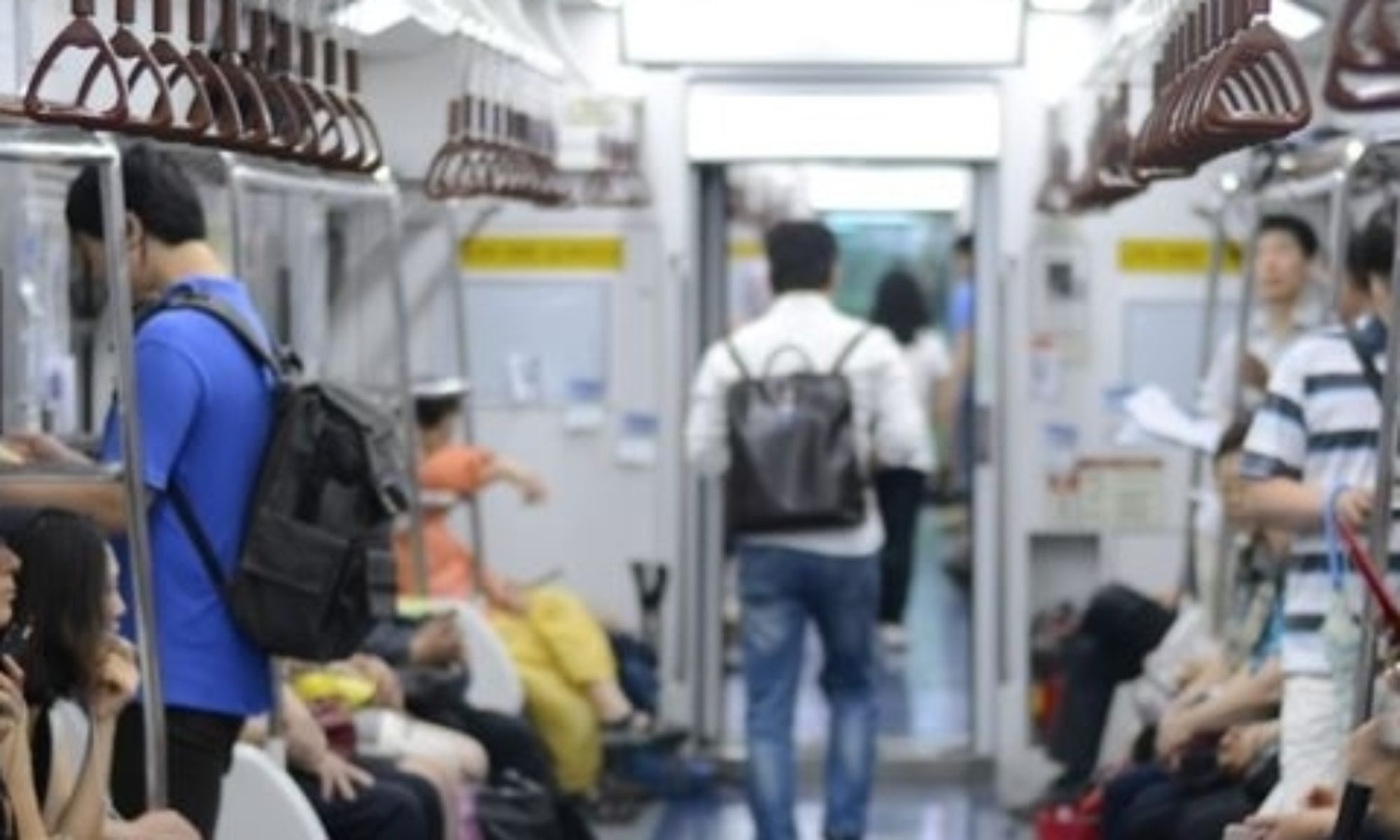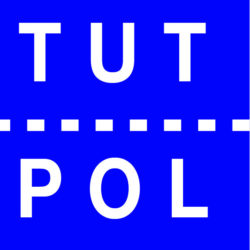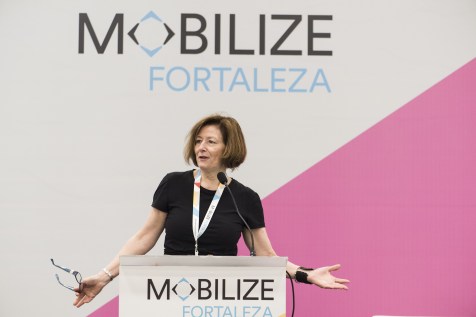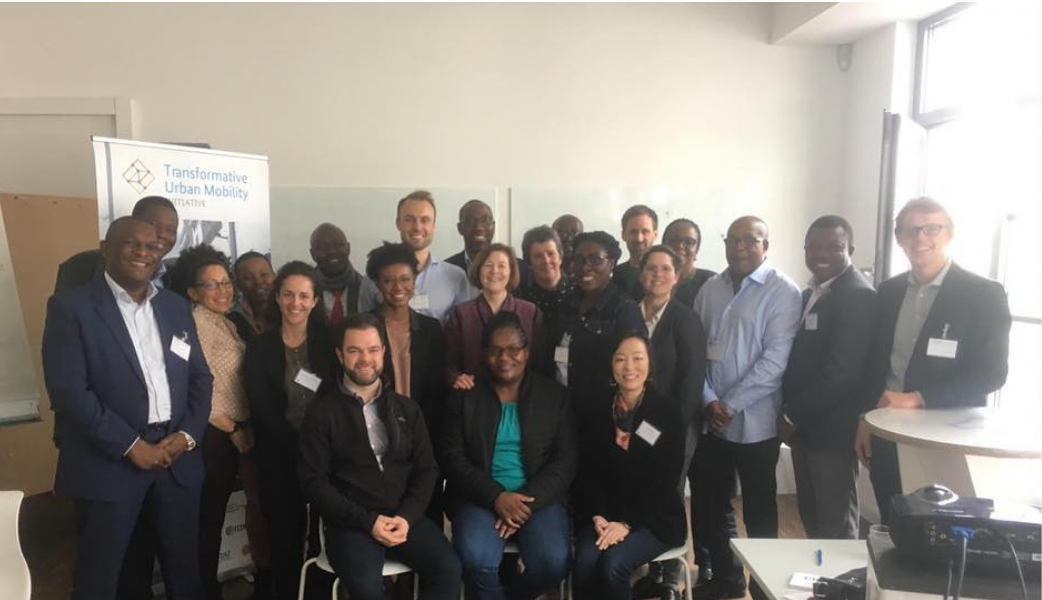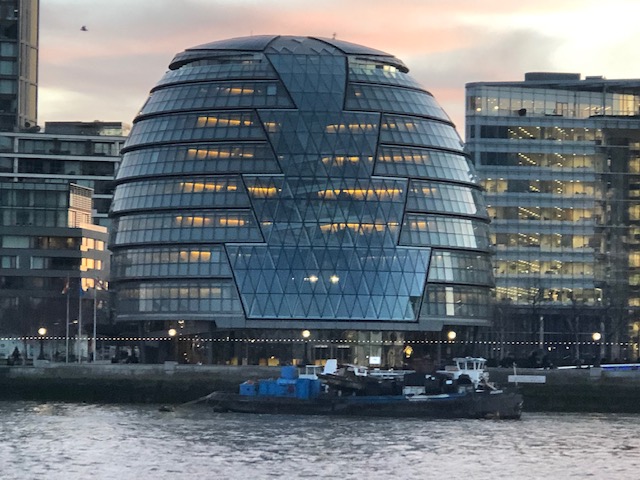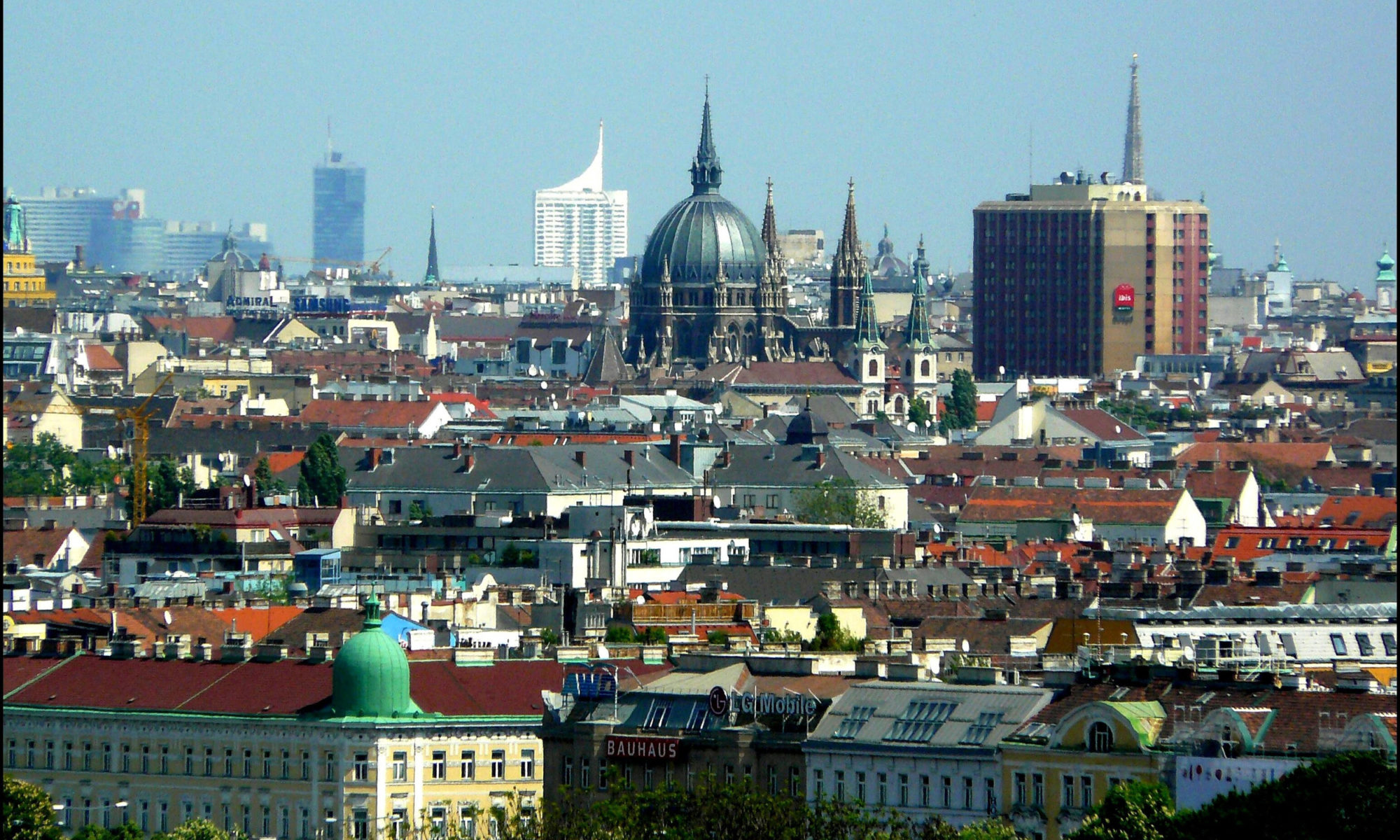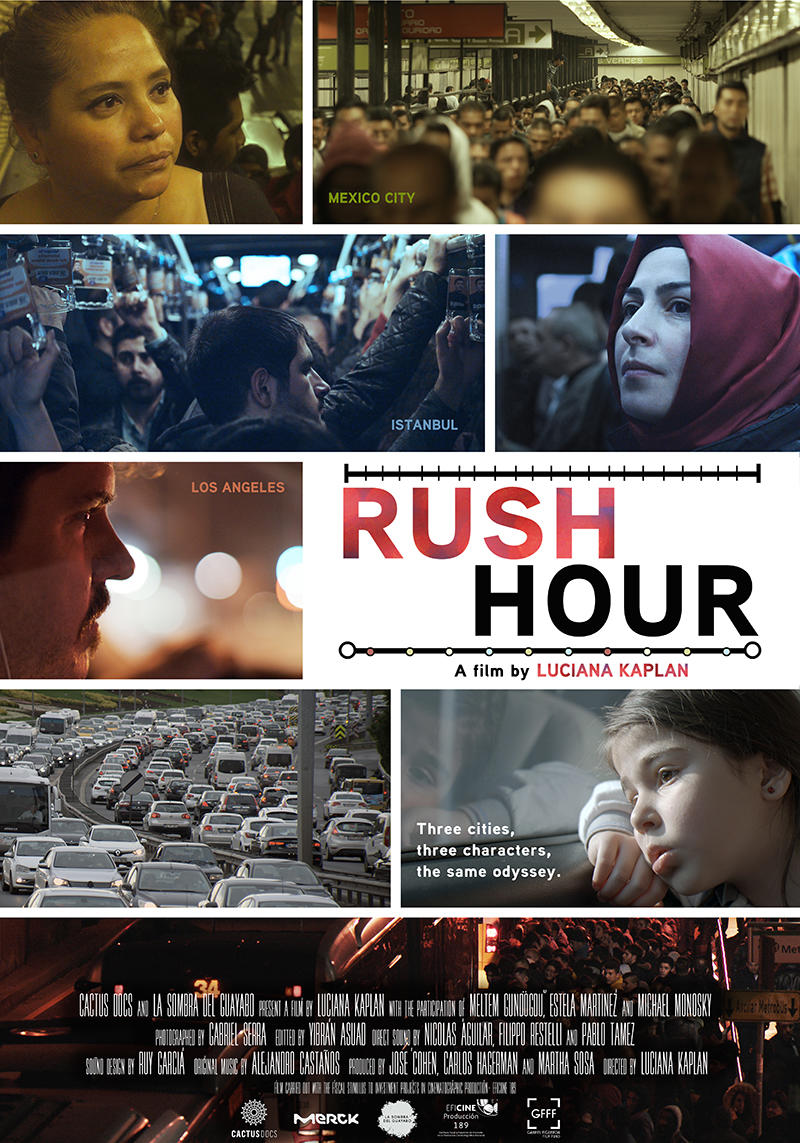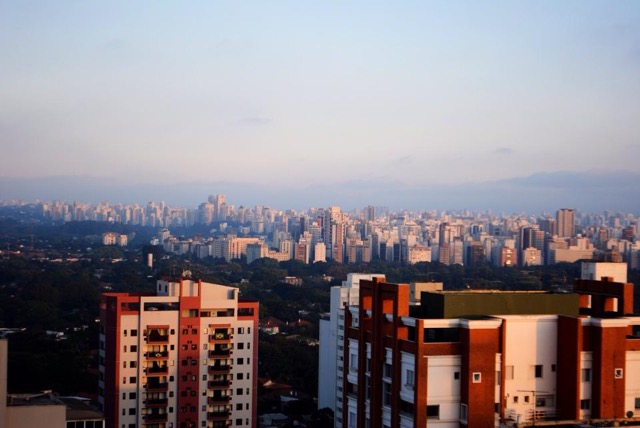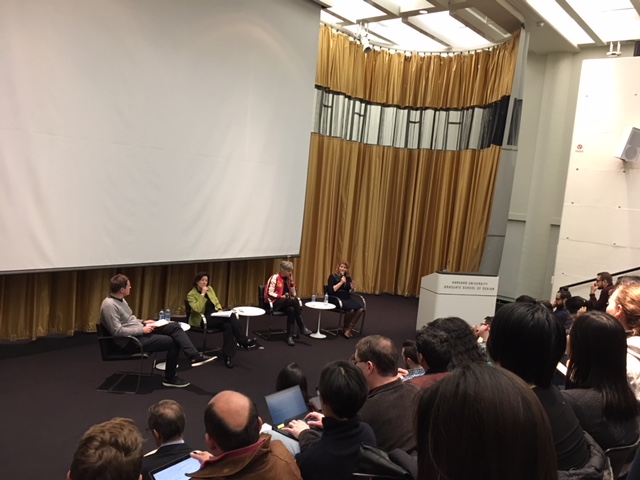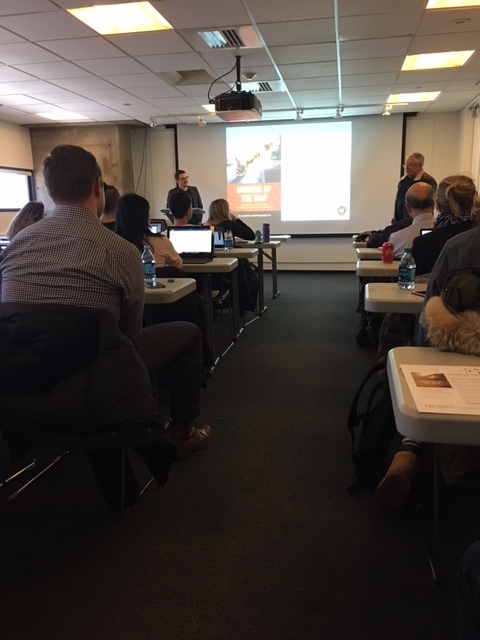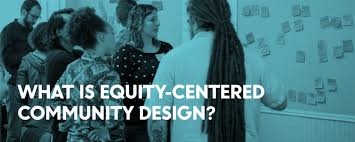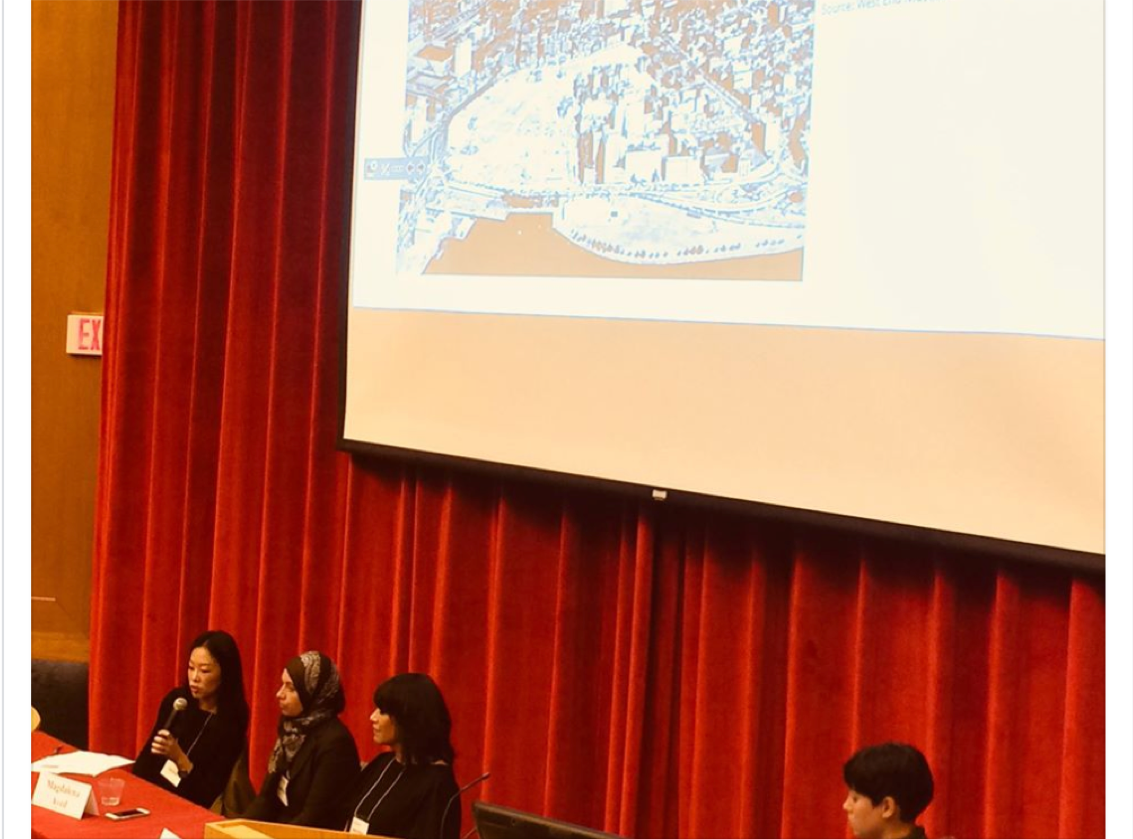On June 24, 2019, Diane Davis participated in a panel conversation about the cost of re-humanizing streets with political officials from Fortaleza, Minneapolis, and Bogotá at MOBILIZE Fortaleza.
On this panel, mayors and city officials from these cities discussed the challenges of building political will and gaining consensus, and the power of civic pride in changing minds.
Mayor Roberto Claudio explained how winning the STA gave Fortaleza encouragement for the work it was doing but also pushed the city to do more to prepare for the MOBILIZE Summit.
Lisa Bender, Minneapolis City Council President pointed out:
“When I received push back for “open streets,” I stuck with my beliefs even when they were deemed radical. I accompanied my bold vision with incremental change, which was the key. The open streets did not change people’s mode share but it did open their imaginations to see what their streets could be”
MOBILIZE is the annual sustainable transport summit of the Institute for Transportation and Development (ITDP), which brings together urban transport and development practitioners alongside world-class researchers to celebrate best practices and accelerate implementation of sustainable transport projects.
